
As the population ages, cases of age-related macular degeneration are forecast to skyrocket. New research led by a team from Penn may help make inroads into understanding its roots and possible therapies.

As the population ages, cases of age-related macular degeneration are forecast to skyrocket. New research led by a team from Penn may help make inroads into understanding its roots and possible therapies.
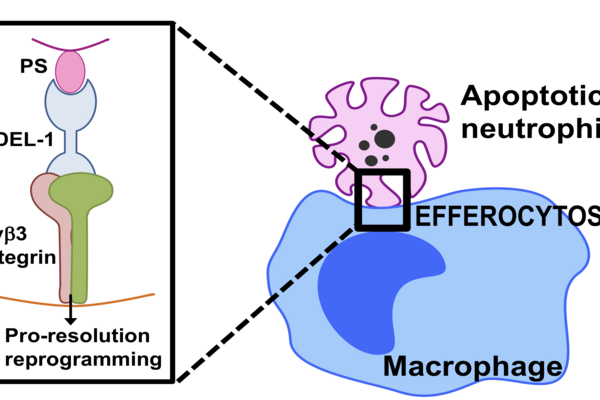
Researchers from Penn and Technical University of Dresden found that the protein Del-1 takes on different functions depending on the cell that secretes it. When secreted by the immune system's macrophages, it acts as a bridge between those cells and neutrophils to help clear inflammation. (Image: Courtesy of George Hajishengallis)
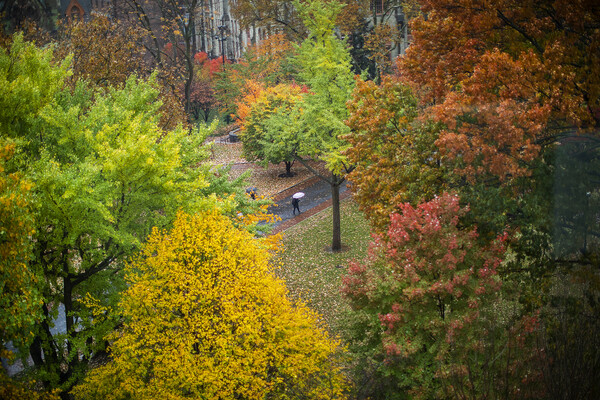
The changing foliage of Penn’s trees make even a gray and rainy day look bright. Campus staff take a proactive approach to maintaining the trees’ health.

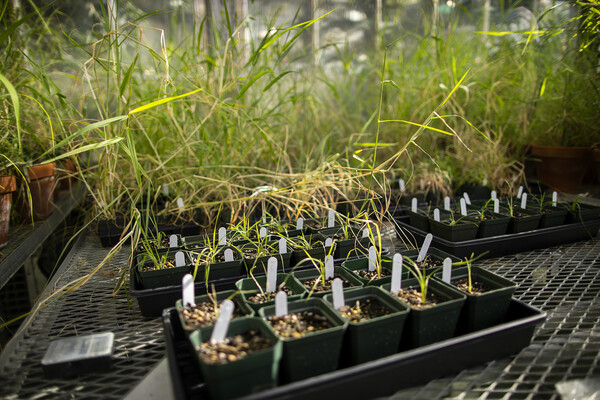
Biochemical and paleoclimate modeling revealed that plants with a new photosynthetic pathway known as C4, present in several important crop species today, emerged when atmospheric carbon dioxide was still quite high, roughly 30 million years ago. Water limitations, rather than Co2, drove its initial spread, a Penn-led team found.

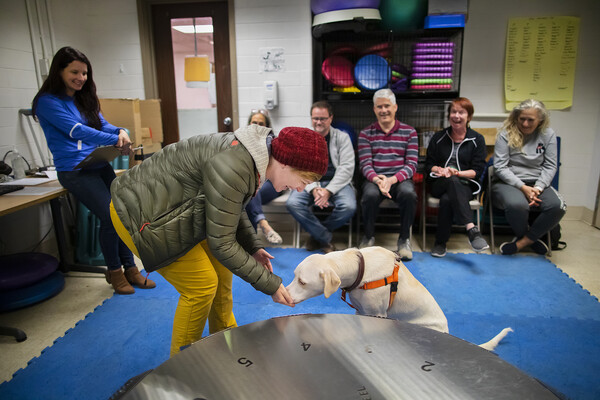
Melissa Hopkins stands ready with a treat as her dog Cedar successfully locates a target scent during a class at Penn Vet’s Working Dog Center. One of the course’s instructors, Meghan Ramos (at left in blue), says the course allows owners to “help their dog contribute to society in a positive way.”


Irrigated crops can grow with less water but are typically subject to increased salts leached out of the surrounding soil, which can put a dent in productivity. A new study led by Penn biologists has uncovered a way plants respond to salt stress—a pathway that could be manipulated to engineer more tolerant crops.
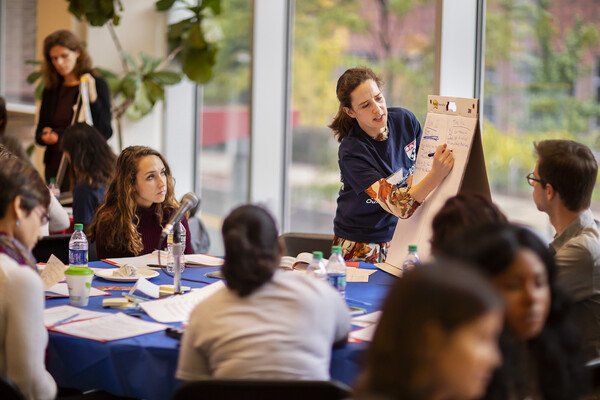
Gathered in Fagin Hall for a daylong disease outbreak symposium, students worked across disciplines to devise strategies for containing a fictionalized infection. Laurel Redding, a School of Veterinary Medicine faculty member and event facilitator, writes up her group’s thoughts during a brainstorming session.